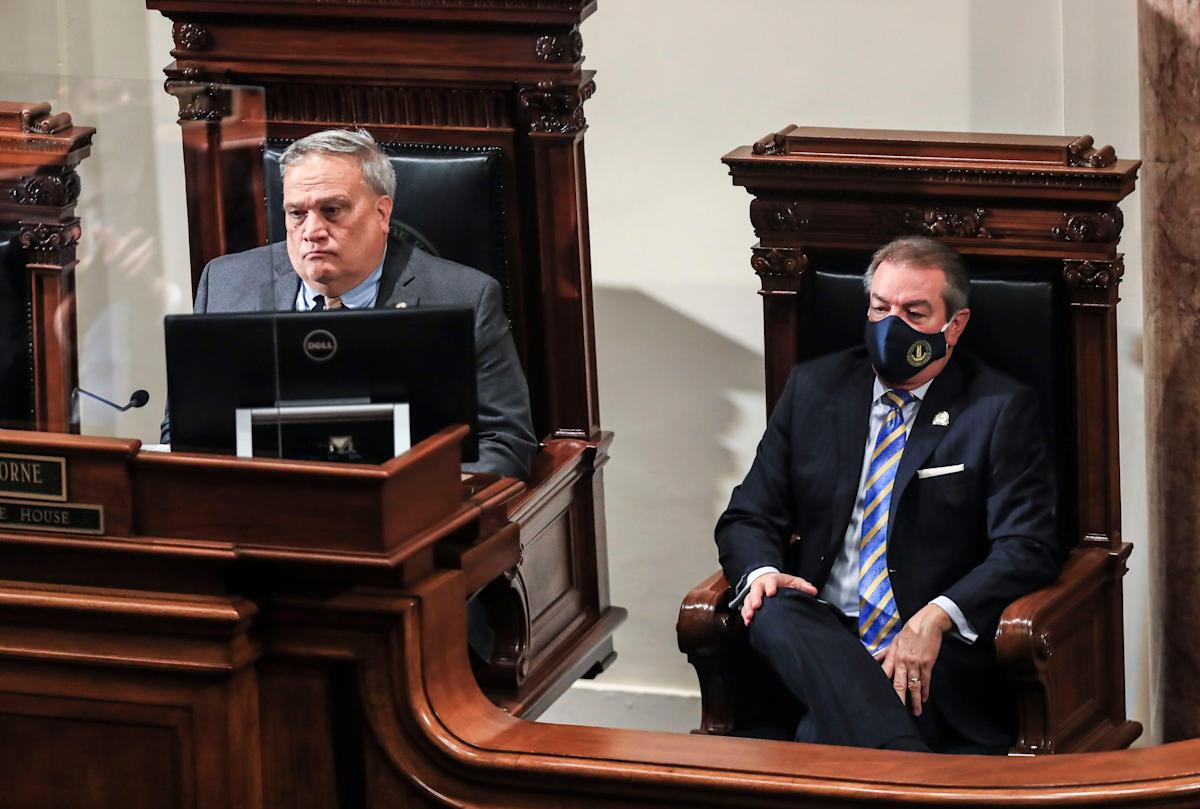Strained Relationship: Arizona Business Says It Was Cut Out of Big Canopy Deal
The sale of a proprietary CBD strain to the largest marijuana company on the planet excluded one of the rightful owners of that strain, an Arizona business alleges in a lawsuit filed in Oregon federal court last week.
In dispute are the assets of Your Custom Genetics Holdings LLC, a failed hemp venture formed in 2017.
Big Wuf Enterprises, LLC, which is incorporated in Arizona and owned by John Short, was a 45 percent partner in Your Custom Genetics. Short was also executive chairman of Your Custom Genetics.
Short is suing — among others — Paul Smith, the former CEO and chief genetics officer of Your Custom Genetics. Smith also had a 45 percent stake in the company. (An individual named Kelly Martin owned the remaining 10 percent and is not a party to the suit.)
In his role, Smith developed several high-THC/high-CBD strains and low-THC/high-CBD strains. Relief Now was among the latter — a potent CBD strain with 15 to 18 percent CBD but less than 0.3 percent THC, making it legal for use in growing hemp under the 2014 and 2018 U.S. Farm Bills.
When Your Custom Genetics was dissolved in 2018, the members of the company agreed to pay off creditors, liquidate the assets, and divvy it all up proportionate to ownership interests. That included the inventory of “hemp, hemp seeds, equipment, accounts receivable, and intellectual property,” the lawsuit states.
Instead, Short alleges in the suit, Smith took the assets, teamed up with a gentleman named John Joseph Sager on a new company called Go Farm Hemp LLC, and within nine months had sold the Relief Now strain IP to Canopy Growth, the Canadian cannabis juggernaut, for a cool $3.8 million.
Short, who says he’s also still owed $78,675 he lent to the company, is seeking more than $5 million in damages.
“It’s a straightforward case,” Josh Escovedo, Short’s attorney, tells Phoenix New Times. “Smith … Sager, and Go Farm Hemp hijacked the intellectual property and inventory of Your Custom Genetics and kept the proceeds for themselves. The defendants should have handled this differently. Now, by ignoring their contractual obligations, they’ve become exposed to punitive damages as well.”
Smith did not respond to a request for comment.
Interestingly, the $3.8 million sale was revealed as part of a different legal dispute — this one between Go Farm Hemp and Canopy Growth.
In October 2019, Go Farm Hemp filed a lawsuit in New York federal court accusing Canopy of failing to pay the full advance on a genetics and growing contract between the two companies. Canopy countered with its own suit that accused Go Farm Hemp of not holding up its end of the bargain, saying the hemp acres it paid for weren’t viable.
In detailing its arrangement with Go Farm Hemp in the lawsuit, Canopy noted that it had agreed to purchase 300 acres of the Relief Now hemp strain from Go Farm Hemp.
Canopy went on accuse Smith and Sager of engaging in “interstate fraud designed to cheat Canopy out of approximately $13 million and hundreds of acres of valuable hemp seed.”
Canopy also alleged that Smith used proceeds from their advance to buy a house in Panama and that Sager bought homes in Canada and Colorado in addition to “multiple exotic vehicles.”
The Canopy and Go Farm Hemp lawsuits have both since been dropped. Canopy is not a party in Short’s case against Smith, Sager, and Go Farm Hemp.






